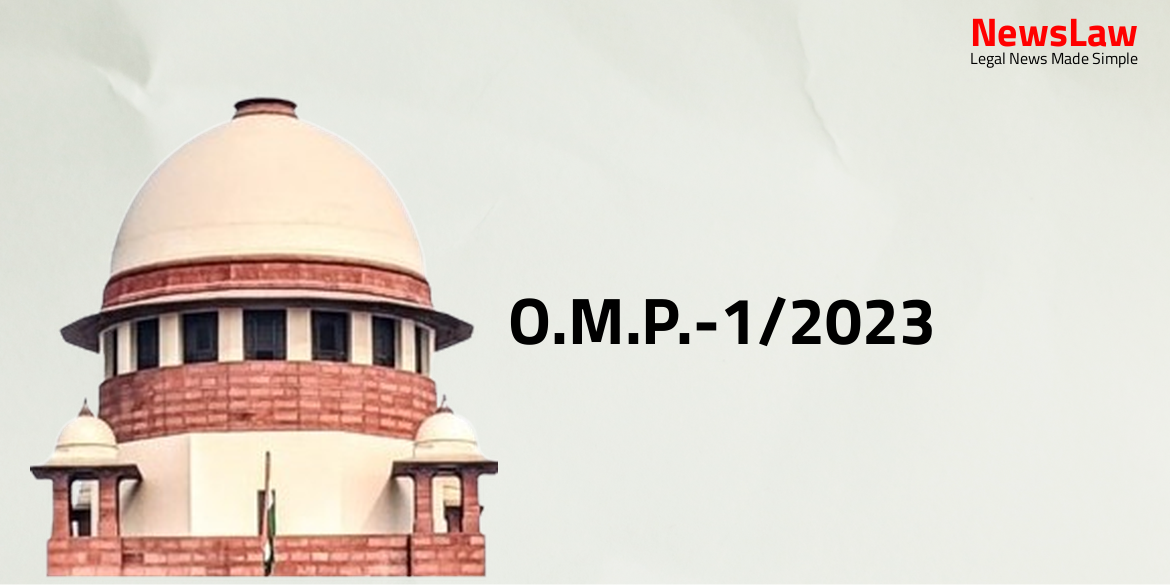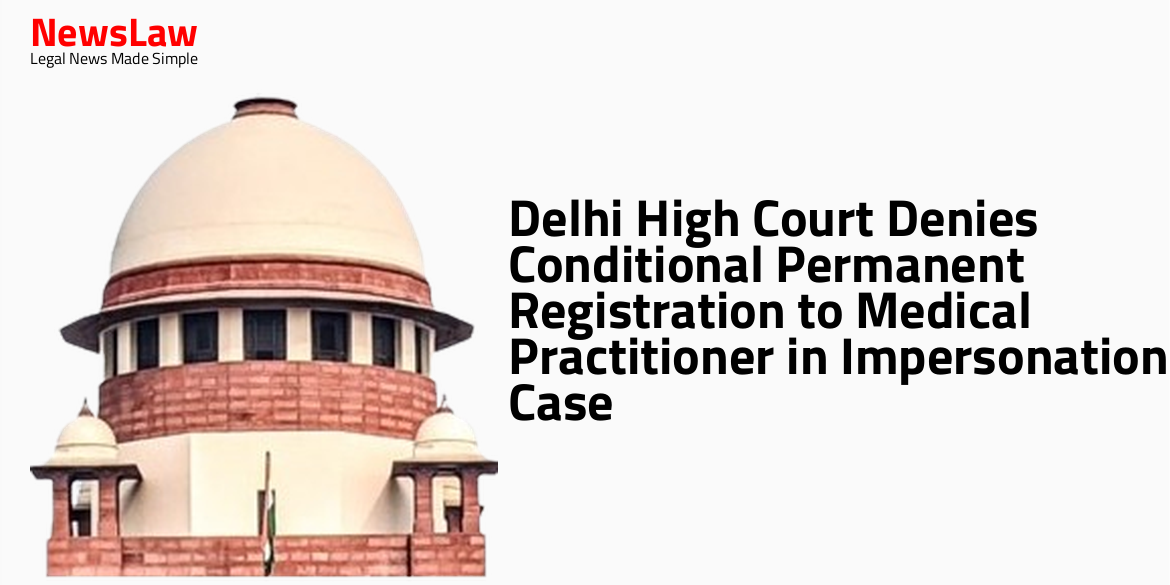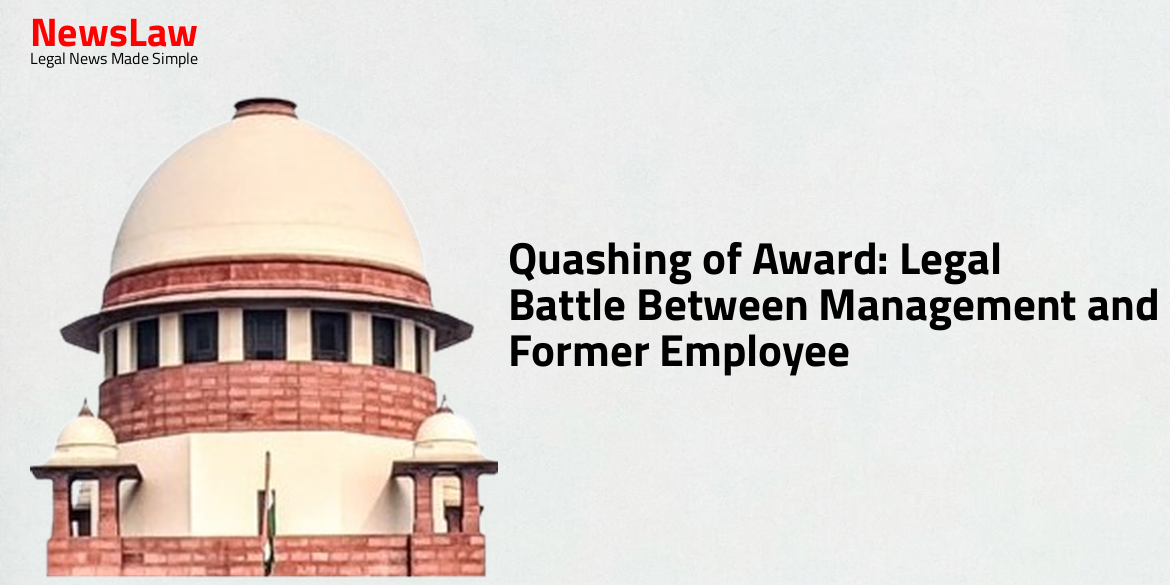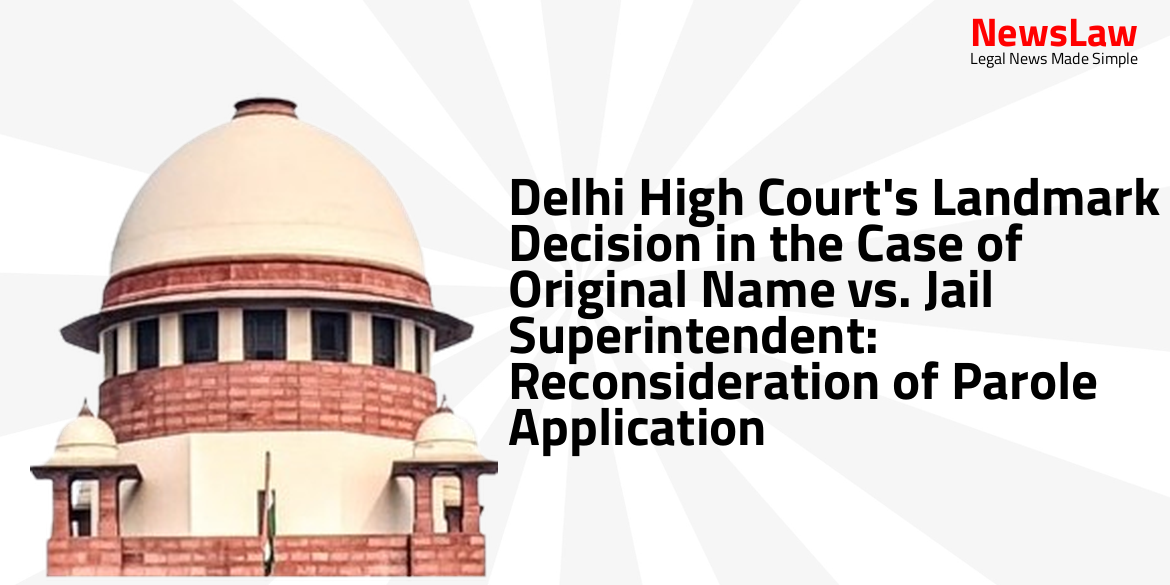Facts
- The delay of 37 days in re-filing the Petition is condoned in the interest of justice.
- Gouri Samarendra Bose, mother of the Managing Director of Shutham Enterprises, owned a residential bungalow with a garage which was under mortgage with GBCB.
- Vaibhav Raheja agreed to purchase the property from Gouri Samarendra Bose for Rs.6.5 Crores.
- The Award directed Shutham Electric Ltd. to pay Rs.2.5 Crores along with interest to Vaibhav Raheja.
- Vaibhav Raheja deposited Rs.6.43 Crores with GBCB as the sale consideration.
- Total of Rs.8.9 Crores was paid to GBCB in discharge of the loan liabilities of Shutham Electric Ltd.
- Sole Arbitrator allowed the claim of Vaibhav Raheja against Shutham Electric Ltd.
- Deed of Mortgage was executed between Vaibhav Raheja and Ramchandani Lachmandas.
- Loan amount was secured by the Commercial Property according to the Mortgage Deed.
- Loan Agreement dated 14.06.2013 was entered into where Vaibhav Raheja agreed to give a loan of Rs.2.5 Crores.
Arguments
- The petitioner argues that the arbitrator relied on emails and documents provided by the respondent as admissions without proper admission by the petitioner or proof of their authenticity.
- The petitioner claims the award was made prematurely before the completion of pleadings and without adherence to legal provisions on admissions.
- The petitioner points out that the arbitration clause in the Loan Agreement stipulated a tribunal of three arbitrators, yet the proceedings were conducted before a single arbitrator.
- It is argued that each averment in the plaint must be specifically denied, citing the case of Thangam and Another vs Navamani Ammal.
- The petitioner asserts that a party not bound by an arbitration agreement should not have been named as a party in the arbitration claim.
- Furthermore, the petitioner argues that the appointment of a single arbitrator under Section 11 of the Arbitration Act contradicted the agreed-upon procedure for three arbitrators.
- The petitioner claims that the arbitrator prematurely passed the award without allowing for cross-examination of witnesses or proper assessment of admitted liability.
- Lastly, the petitioner raises the objection that the respondent’s claim is time-barred.
Analysis
- There should be conscious effort to ensure prompt constitution of Arbitral Tribunal.
- Admissions can be inferred from facts and circumstances of the case.
- Admissions do not necessarily have to be expressly stated in pleadings.
- Even constructive admissions can be considered for rendering a speedy judgment.
- Intelligible reading of written statements can reveal admissions.
- Court is entitled to pass a decree even without express admissions in written statements.
- Objective of alternative dispute resolution through arbitration is expeditious and effective dispute resolution.
- Tests laid down include clear and unambiguous admissions of facts and defense requiring evidence.
- Specific admission or denial of pleadings is required under Rules 3 and 5CPC.
- Interpretation of contract is primarily the arbitrator’s jurisdiction.
- Scope of objections under Section 34 of the Act, 1996 is limited.
- Re-appreciation of evidence is not permitted under ground of patent illegality.
- Admissions need not be specific and can be inferred from vague denials in written statements.
- Judgment on admission is without trial and denies further remedy to defendant.
- Contrary stands taken in preliminary objections would not amount to admission.
- Purpose of pronouncing judgment on admission is for speedy resolution of disputes.
- The petitioner failed to discharge its loan repayment liability as per the Loan Agreement dated 14.06.2013.
- Various letters and emails were exchanged between the parties regarding the outstanding loan.
- A lump sum amount of Rs.8.9 Crores was paid, but it did not include the original loan amount of Rs.2.5 Crores.
- The petitioner admitted to various payments made till October 2016, indicating acknowledgment of the outstanding liability.
- The respondent claimed the loan of Rs.2.5 Crores along with 5% interest per annum was not repaid by the petitioner.
- The petitioner’s denial was considered evasive and insufficient to refute the claim.
- The claim by the respondent was well within the limitation period.
- The petitioner did not provide proper quantification of the amount payable.
- The Court appointment of a sole arbitrator under Section 11 of the Act was deemed appropriate.
- No petition under Section 16 of the Act was filed to challenge the arbitrator’s appointment.
- The objections raised by the petitioner regarding limitation and other claims were found to be unsubstantiated.
- The petitioner’s lack of response to specific allegations in the reply was considered as admission by omission.
- The Court emphasized the importance of clear denial and explanation in the written statement.
- The petitioner’s attempt to challenge the arbitrator’s appointment was deemed baseless.
- The claim amount was deemed well-quantified and substantiated by the respondent.
- The law of evidence regarding admission by silence or vague denial was reiterated.
- The petitioner’s objections based on procedural grounds were dismissed.
- There was no valid challenge to the service of the Notice of Invocation.
- The date of commencement of arbitral proceedings was determined based on the request received by the respondent.
- The Court emphasized the significance of admissions and denials in streamlining legal proceedings.
- The objections related to the Mortgage Agreement and the involvement of respondent No. 2 were considered unfounded.
- The Court’s appointment of a sole arbitrator was found to be in accordance with the Act and the parties’ agreement.
- The objections related to the arbitration clause and jurisdictional challenges were not upheld.
- The Court deemed the claim well-supported by evidence and admissions made by the parties.
- The importance of exhausting provided remedies and addressing legal requirements was highlighted.
- The petitioner failed to establish that the Award contained any patent illegality.
- The petitioner also did not prove that the Award violated public policy, including morality and justice.
- The Award was found to be well-reasoned, taking into account the admissions made by the petitioner in their Replies and other documents.
- Based on the evidence and arguments presented, there was no justification for interfering with the Award.
Decision
- Petition under Section 34 of the Act dismissed
- Pending application disposed of
Case Title: SHUTHAM ELECTRIC LTD. Vs. VAIBHAV RAHEJA & ANR. (2024:DHC:4614)
Case Number: O.M.P.-1/2023



